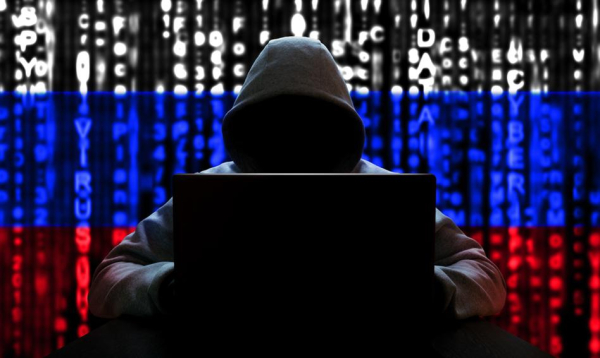Russians and their allies tried to smuggle their narrative of “peace and prosperity” on Moscow’s terms into the Polish information sphere, assessed Aleksandra Wójtowicz, PISM analyst, in the PAP Studio. The conversation concerned two reports by the Alliance4Europe organization on Russian influence operations in Poland.

One of the two Alliance4Europe reports discussed in the PAP Studio, published on May 29-30, was devoted to the influence of the Belarusian media on the political debate in Poland during the presidential campaign.
“Belarusian media, especially Radio Belarus, were present in this Polish debate despite being under sanctions. Due to social media, accounts affiliated with Radio Belarus were accessible despite the sanctions, because the platforms did not respond quickly enough. These channels remained active and operated without major obstacles. Their presence was not accidental – it was a deliberate strategy. They created new accounts when the old ones were deleted. It was clear that time and human resources were invested in this. The aim was to reach a wider audience. Comments under the posts were intended to create an impression of great interest and credibility,” said Wójtowicz.
See alsoHow artificial intelligence will affect the work of accountants
“Alliance for Europe was able to estimate the reach of Belarusian media. The data reported is in the order of a million views of some content. Although it is difficult to compare without context, it is clear that the scale was significant. This shows that even despite sanctions and restrictions, the content reached a wide audience. The effectiveness depended not so much on quality, but on quantity and the strategy of publication. Combined with comments and shares, it made an impression on random recipients. Even if the impact seems cosmetic, the consequences can be long-term. Such actions are difficult to detect and even more difficult to stop,” the PISM analyst noted.
Another report published on 29-30 May by Alliance4Europe described the impact of the so-called “Operation Doppelganger”.
In an interview at Studio PAP, Wójtowicz explained that “operation +Doppelganger+ is a Russian influence operation that initially involved creating look-alikes of well-known websites – one letter in the URL was changed”. “For example, instead of +Der Spiegel+, the name +Der Spiegele+ was given, and instead of +RMF FM+ – for example +RMF FFM+. These fake websites copied real content, but placed disinformation between them. These were, for example, texts about Ukrainians being Nazis, which was supposed to look like information from a reputable medium,” the interviewee explained to PAP.
“Over time, however, the operation moved to the X platform, where it is cheaper and faster. Instead of creating pages, bot networks appeared. These accounts simultaneously publish similar content that replicates anti-Ukrainian and anti-EU narratives. All of this is part of a broader strategy of influence by the Russian Federation,” the analyst concluded.
According to Wójtowicz, Russian operations had two narrative foundations: peace and prosperity.
The peace narrative, as the analyst noted, is based on the assumption that only the Russian Federation is able to ensure peace in the world and it must be peace on its terms. It is not about the universal value of peace as such, but about propagating the message that any alternative forms of ending the war in Ukraine are unrealistic or dangerous, and the only path to security is to accept the solutions proposed by the Kremlin.
The second narrative, according to Wójtowicz, assumes that prosperity can only be achieved within the framework of concepts promoted by Russia or groups associated with it. As the analyst noted, it is not about prosperity in the universal or liberal-democratic sense, but about the Russian definition of prosperity – often reduced to economic stabilization at the expense of sovereignty, democracy or Western values.
“After the elections, the activity of the +Doppelganger+ operation did not cease completely. The posts continued to appear a day or two after the vote. Perhaps they were posts planned earlier, or maybe something more. They contained anti-EU, pro-Russian narratives, aimed at specific candidates. It is worth observing what will happen in the following days. The operation may have a post-election phase, for example, involving undermining the legitimacy of the winning candidate. Therefore, further analyses are important. The Polish Institute of International Affairs is already working on further reports. The aim is to detect long-term threats and trends resulting from Russian influence operations,” the analyst emphasized.
“A recently published report by the Organization for Security and Co-operation in Europe (OSCE) and the Parliamentary Assembly of the Council of Europe revealed the weaknesses of the Polish election protection system. Among other things, the lack of transparency in online campaign financing was criticized. Attention was also drawn to poor communication between institutions. All this made it difficult to respond to disinformation incidents. The reactions were scattered and uncoordinated. When one institution acted, others did not even know about it. This cannot be the case if we want to effectively counteract threats. A common plan and efficient flow of information are needed. The conclusions from Poland can serve as a warning to other countries,” Wójtowicz concluded.
Wojciech Łobodziński (PAP)